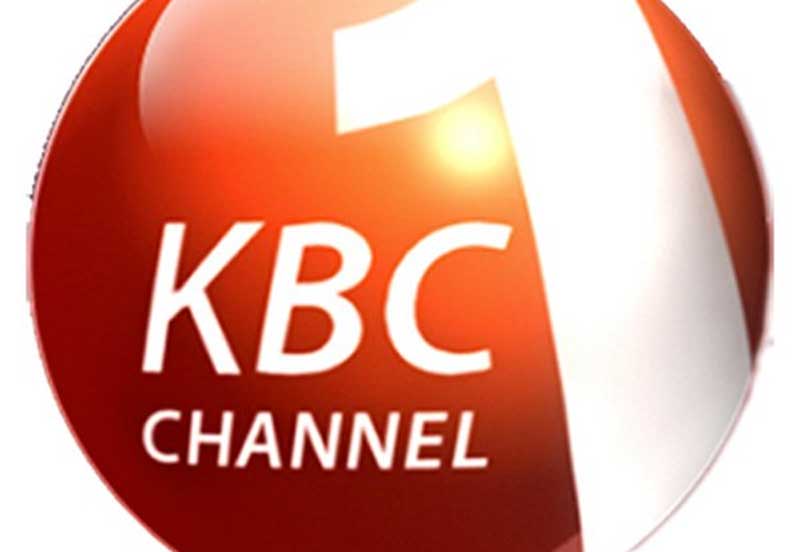
Last week, KBC, the national broadcaster, admitted it was broke. Officials from the organisation told the Senate Committee on Information and Communications Technology (ICT), chaired by Baringo Senator Gideon Moi, that KBC is unable to meet its financial obligations. It cannot remit employees’ statutory deductions to the Kenya Revenue Authority (KRA), the National Pension Fund, cooperative unions, health care and insurance. It also cannot pay for its own satellite transmission costs.
The officials said KBC earns about Sh9 million a month, against a total expenditure of about Sh180 million. These revelations came at an interesting time when KBC seeks to recruit a managing director to steer its operations.